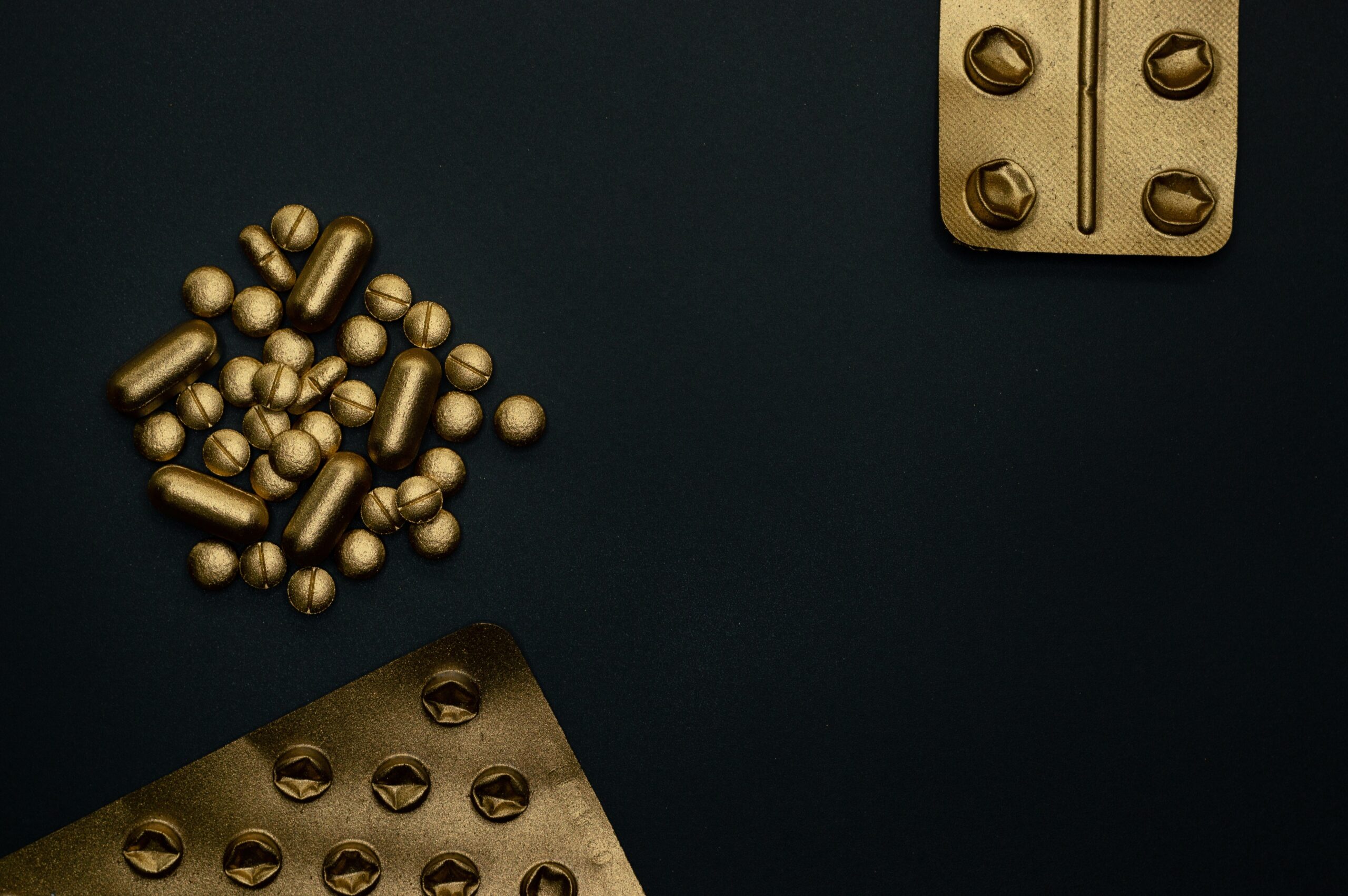Drug Addiction and Brain
Drug addiction is an illness that affects your nervous system and behavior. When you’re addicted to any substance, you can’t repel the urge to take them, no matter how dangerous that substance is for your health. The earlier you stop drug addiction the fewer chances there will be of getting any serious disease.
Effect on Your Brain
Your brain is bound to make you desire to repeat experiences of feelings of happiness. So you’re encouraged to do them several times.
Most addictive drugs affect the brain’s reward system. Such drugs fill your brain with a chemical called dopamine. Its stimulation triggers feelings of great pleasure. You can’t stop yourself from taking those drugs.
With some time your brain gets used to the increased volumes of dopamine. In this way, you need to take larger doses to feel the same pleasure that you felt in lesser doses. And the things you enjoyed a lot, like hanging out with friends, and family and having your favorite food, now gives you less pleasure.
If you use addictive substances for a longer time your brain’s other chemical circuits may also get damaged. They can disturb your:
- Judgment
- Ability to learn
- Decision-making
- Memory
Together, these addictive drugs bring you to a stage where you can’t control their doses.

Signs of Drug Addiction
One or more of these warning signs can be seen in a drug addict:
- An increase in the use of drugs every day
- Taking more drugs than required or you desire, and for a longer period than you thought
- Buying drugs even if you can’t afford them, having those with you all the time
- Avoiding family, friends, and social gatherings
- Careless about yourself and your look
- Stealing, doing dangerous things, or lying, like driving at high speed, etc.
- Wasting most of your time recovering from the effects of drugs or getting and using them
- Facing withdrawal symptoms when you try to quit them
Who’s most expected to become addicted?
The body and brain of every person are different from the other. Every person reacts differently to all addictive drugs. Some enjoy the feeling the first time they take them and want more. And others hate them and don’t want to take them again.
Here are some common things that can increase the chances of being addicted:
Family history:
Every individual’s genes are responsible for most of the possible odds. If there is any confirmed case of alcohol abuse in your family history, you are more likely to get one. Men and women have equal chances of being addicted.
Early drug use:
Drug use can change the brain cells of growing children. So if you take drugs early in your life you are more likely to get addicted.

Mental disorders:
If you’re in a depression, having trouble attention keeping, or worrying continuously, you have a greater chance of drug addiction. You may get used to a drug that helps you in feeling better. Any type of trauma can cause the addition of an addictive drug to your routine.
Troubled relationship:
If a person grows up in highly troubled circumstances, there will be more chances of getting drug addiction.

